In the ever-evolving political arena of Nigeria, significant moves often signal underlying shifts and challenges. Recently, a notable figure in the People’s Democratic Party (PDP), Waziri, made headlines by joining the African Democratic Congress (ADC). This shift not only reflects individual decisions but also sheds light on broader issues within Nigerian politics.
Waziri’s decision to leave the PDP and join the ADC was met with both curiosity and speculation. Upon announcing his move, he highlighted concerns about his former party’s dwindling credibility. In a statement that reverberated across political circles, Waziri expressed his perspective on the matter:
“The loss of credibility within the PDP has become untenable, and I believe it is crucial to align with a platform that resonates with integrity and genuine change.”
This defection is not merely about an individual switching sides; it signifies deeper challenges within the PDP. The party, once a dominant force in Nigerian politics, has faced internal strife and external criticism in recent years. Waziri’s departure serves as a stark reminder of these ongoing struggles and prompts reflection on how political entities adapt to changing landscapes.
Expert analysts have weighed in on this development, offering valuable insights into its implications. Dr. Adebayo, a political scientist renowned for his astute observations, remarked,
“Waziri’s defection underscores larger disillusionment brewing within established parties like the PDP.”
His words capture the essence of growing disenchantment among politicians and citizens alike towards traditional political structures.
Furthermore, this move by Waziri has sparked discussions about power dynamics and coalition-building strategies in Nigerian politics. As parties realign and individuals make strategic choices based on principles and pragmatism, alliances shift like pieces on a chessboard. Each player aims to position themselves advantageously amidst evolving narratives and public sentiment.
The ripple effects of this defection are palpable beyond surface-level party politics; they delve into governance effectiveness and democratic ideals. By voicing concerns over credibility, Waziri brings attention to foundational aspects of leadership trustworthiness and accountability – pillars essential for a robust democratic framework.
As Nigerians analyze this development from various angles – historical context, current trends, future projections – one thing remains clear: political realignments reflect dynamic tensions inherent in any democracy striving for progress amid competing visions.
In conclusion, Waziri’s decision to switch allegiance from the PDP to the ADC serves as more than a mere headline; it symbolizes intricate webs of loyalty, ideology shifts, and institutional challenges woven into Nigeria’s political fabric. This moment invites introspection not only within parties but also among citizens navigating complexities of representation and governance in a vibrant democracy like Nigeria’s.



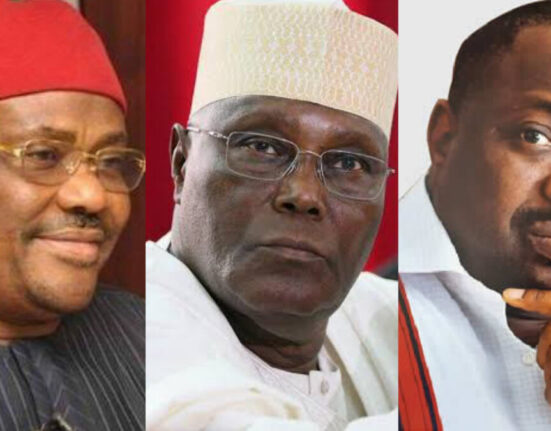
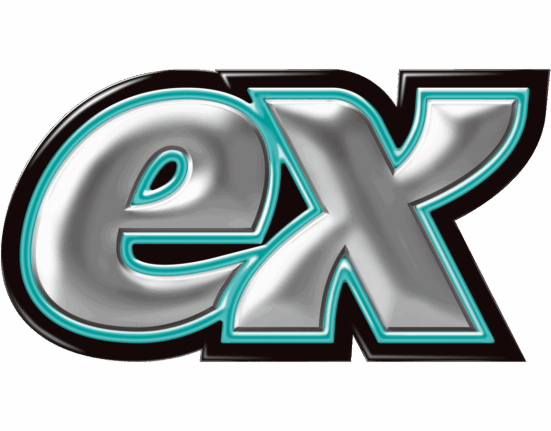

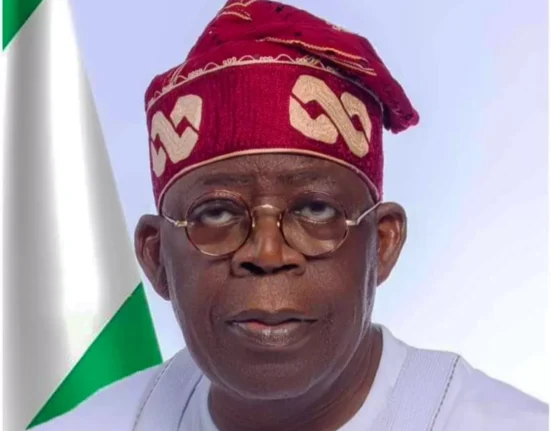
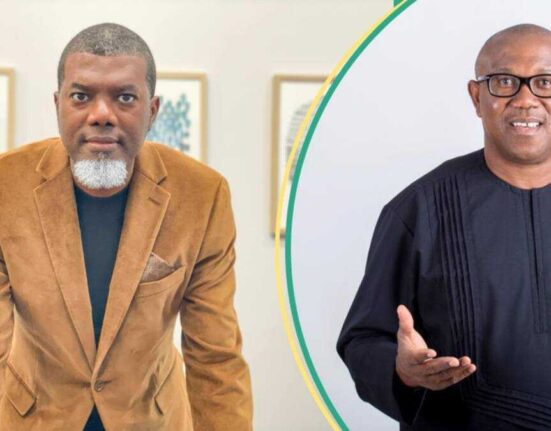
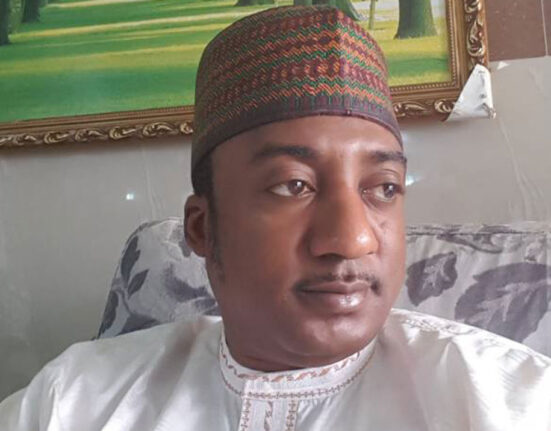
Leave feedback about this